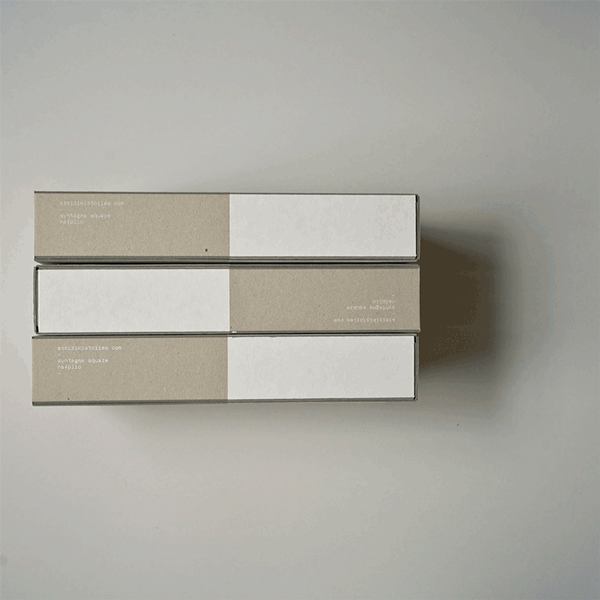> Main story
αρχαίες ρήσεις
by lefteris karafotias
unknown breadwinner
ancient phrases
_
The ancient greek literature has always been a beacon of culture and education for humanity. A characteristic feature is that it places man at the center of interest, with all his passions, weaknesses and ultimately his uniqueness. Through theater, philosophy, arts, the ancient greek spirit has shaped the course of man in history.
> Tee story
1 ελπίδα
εάν μη έλπηται, ανέλπιστον ουκ εξευρήσει / the phrase is attributed to the pre-Socratic, Ionian philosopher from Ephesus, Heraclitus (c. 540 — 480 BC), where it is stated that even though we do not control our luck, it is important to believe in ourselves, since with faith almost everything is possible.. The drawing is the famous bronze statue of a horse and a young jockey, found in the sea off Cape Artemision, north Euboea ca. 140 BC.
Other Tees of this story :
1 / ευ ζην
1 / ευ ζην
1 / ελπίδα
1 / Μαραθώνας 490 π.Χ.
1 / ήθος
1 / αρχαία αιγείρα
1 / αρχαία αιγείρα
1 / το τίμημα της ελευθερίας
ελπίδα
pre-washed/softened
designed & fabricated
in Nafplio/Greece
30.00€
100% natural cotton
pre-washed/softened
designed & fabricated
in Nafplio/Greece
> Main story
αρχαίες ρήσεις
by lefteris karafotias
unknown breadwinner
100% natural cotton
pre-washed/softened
designed & fabricated
in Nafplio/Greece
> Tee story
1 / ελπίδα /
εάν μη έλπηται, ανέλπιστον ουκ εξευρήσει / the phrase is attributed to the pre-Socratic, Ionian philosopher from Ephesus, Heraclitus (c. 540 — 480 BC), where it is stated that even though we do not control our luck, it is important to believe in ourselves, since with faith almost everything is possible.. The drawing is the famous bronze statue of a horse and a young jockey, found in the sea off Cape Artemision, north Euboea ca. 140 BC.


